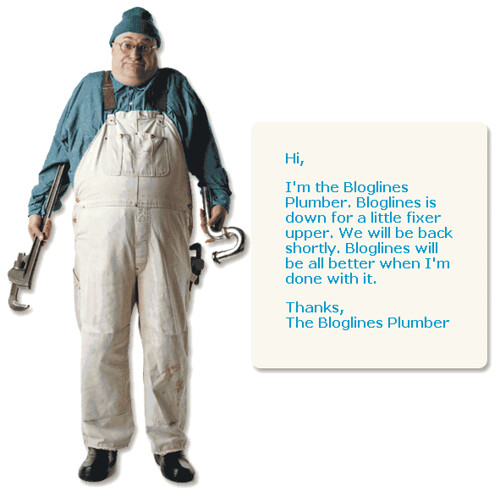Today I will give you a brief report of the strategies I’ve used so far when I was looking for good sources at the library or on the web.
While I was writing my thesis I used mainly printed articles and books, I did a very limited use of Internet sources. I had the prejudice that printed information is much more reliable than information you can find on the Internet. Later, I discovered I was wrong, since I realized I cannot discriminate among sources according to their form (printed or online).
These were the basic steps of my researches:
First, I collected some information on the author, the content, the kind of edition and who was the book addressed to. Second, I made a list of the suitable books’ titles; I did think about the key words which could allow me to find other interesting books as well. Third, I taped meaningful words into the slot of the Catalogo Padovano (online library source). In the end, I checked the shelves of the libraries and I borrowed some interesting books.
Doing my researches, I usually made a list of interesting books that could be useful- as to make them available in the future. Basically, you can evaluate a book at first sight according to the table of contents. Usually, if contents are clearly listed and structured, you expect the book to be good and meaningful. As for the reliability of a book, you trust the author according to the way he makes quotations and selects the bibliography. Therefore, the problem of evaluating the reliability of books seems quite easy to solve.
- ‘Who is responsible for publishing the information provided by the source? What are the credentials and affiliation or sponsorship of any named individuals or organizations? How objective, reliable, and authoritative are they? Is the author or contact person listed with addresses (street, e-mail)?
- What can be said about the content, context, style, structure, completeness and accuracy of the information provided by the source? Are any conclusions offered? If so, based on what evidence and supported by what primary and secondary documentation? What is implied by the content? Are diverse perspectives represented? Is the content relevant to your information needs?
- When was the information provided by the source published? Is the information provided by the source in its original form or has it been revised? Is this information timely and is it updated regularly?
- Where else can the information provided by the source be found? Is this information authentic? Is this information unique or has it been copied?
- Why was the information provided by the source published? What are the perspectives, opinions, assumptions and biases of whoever is responsible for this information? Is anything being sold? Who is the intended audience?’ (Questions’ source).
Anyway, if I had to ask me all the questions every time I need to evaluate a web source I would spend my entire life evaluating website. Gosh! Not a happy life, indeed! So, just to make things easier, I checked out what I could find on the del.icio.us. Well, I found a fantastic article entitled “Seek and Ye Shall Find: How To Evaluate Sources on the Web”, written by Wendy Boswell. This article clearly sums up the three basic rules to find out the reliability of a web source; here they are:
- Who’s in charge?
- Are you telling me the truth?
- Are you selling me something?
That’s all, guys! I mean, that’s all someone needs to know about a web source. As Wendy Boswell says, basically people need to figure out if the website presents accurate information or not. If you manage to answer this question and the answer is positive, this means your source is good.
I’d like to give you a further tip that can help you to discriminate your web sources. On the University of Berkley’s website I found this excellent tutorial on ‘Evaluating Web Pages: Techniques to Apply & Questions to Ask’, published by UC Berkeley - Teaching Library Internet Workshops.
‘Evaluating web pages skilfully requires you to do two things at once:
1. Train your eye and your fingers to employ a series of techniques that help you quickly find what you need to know about web pages;
2. Train your mind to think critically, even suspiciously, by asking a series of questions that will help you decide how much a web page is to be trusted.’ (tips’ source).
In conclusion, if you want to find more on the subject this is the complete list of the useful website I found in my research:
Tips from Wendy Boswell
Tips from from the Milton Library at Johns Hopkins University
Tips from the University of Berkley
Tips from the University of Essex
Tips from Purdue’s Online Writing Lab (OWL)
Tips from San Diego State University
Catch you soon
Martina










